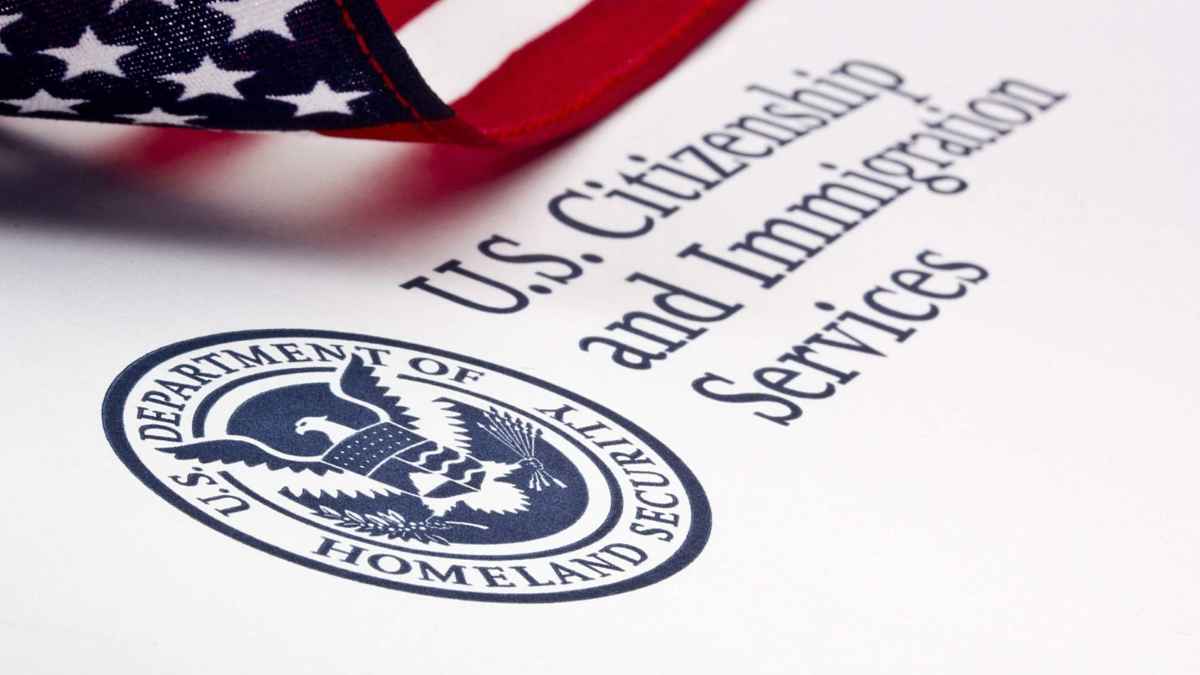If you are over 50 and thinking about becoming a U.S. citizen, there are benefits that can make this process easier. The U.S. Citizenship and Immigration Services (USCIS) has designed some exemptions for all those who wish to naturalize in 2025. Are you interested in this news? Then read on and we will tell you everything you need to do to access these benefits.
Citizenship exemptions for those over 50 years of age
One of the key benefits offered by the USCIS is the exemption of the requirement to demonstrate knowledge of English for people over 50 years old. Although for this, they will need to have been lawful permanent residents for at least 20 years of the United States. In addition, they will need to consider the following items:
- Applicants exempted from the English language test must still meet other eligibility requirements.
- This exemption only applies if the minimum years of permanent residence required by the authorities are met.
Those over the age of 50 who wish to apply for U.S. citizenship must complete the civics test. In this test, knowledge of U.S. history and government will be tested. However, the USCIS allows this test to be conducted in the language of the applicant’s choice, using an interpreter if necessary. This is confirmed in the “Waivers and Accommodations” section of its official website.
Additional requirements for naturalization
Despite these exemptions, people who meet this age have to comply with certain general requirements to obtain citizenship. Some of them are:
- Be lawful permanent residents for at least five years.
- Maintain continuous U.S. residency.
- Demonstrate good moral character and swear an oath of allegiance to the U.S. Constitution.
Meeting these requirements ensures that applicants are aligned with the nation’s core values and principles. And while there are several items to consider, it is certainly a much simpler process than for younger immigrants who wish to become U.S. citizens.
The three-year rule: how to become a U.S. citizen in record time
Among the available paths to U.S. citizenship, there is the “three-year rule”. This is a faster path for those who are married to U.S. citizens. This mechanism reduces the usual five-year waiting time for permanent residents. To qualify for this benefit, the applicant must have lived in a marital relationship with his or her spouse for three years, maintaining the marriage until the date of the naturalization ceremony.
Requirements to qualify for continuous residence and physical presence
- Have resided continuously for at least 3 years as a lawful permanent resident.
- To have been physically present in the country for a minimum of 18 months during that same period.
- Avoid prolonged absences that may disrupt the continuous residence count.
- Maintain a primary residence in the United States during the application period.
Other requirements for naturalization
In addition to the above requirements, the authorities require that applicants meet other conditions, such as:
- Be at least 18 years of age at the time of filing Form N-400.
- Demonstrate basic English language skills (reading, speaking and writing).
- Pass a civics assessment.
- Demonstrate good moral character during the period of continuous residence.
- Submit documentary evidence of continuous marriage, such as marriage certificates and joint declarations.
Application Process
Once you have applied for U.S. citizenship under this provision and have completed Form N-400 physically or online, the following will be:
- Attend an appointment for biometric data collection.
- Participate in a personal interview where English proficiency and civic knowledge are assessed.
- Receive notification of the decision from USCIS.
- Attend the oath ceremony in case of approval.
- Submit additional documents requested by USCIS during the process.
As a last piece of information, you can make use of the current news section to keep up to date on publications of public interest.

